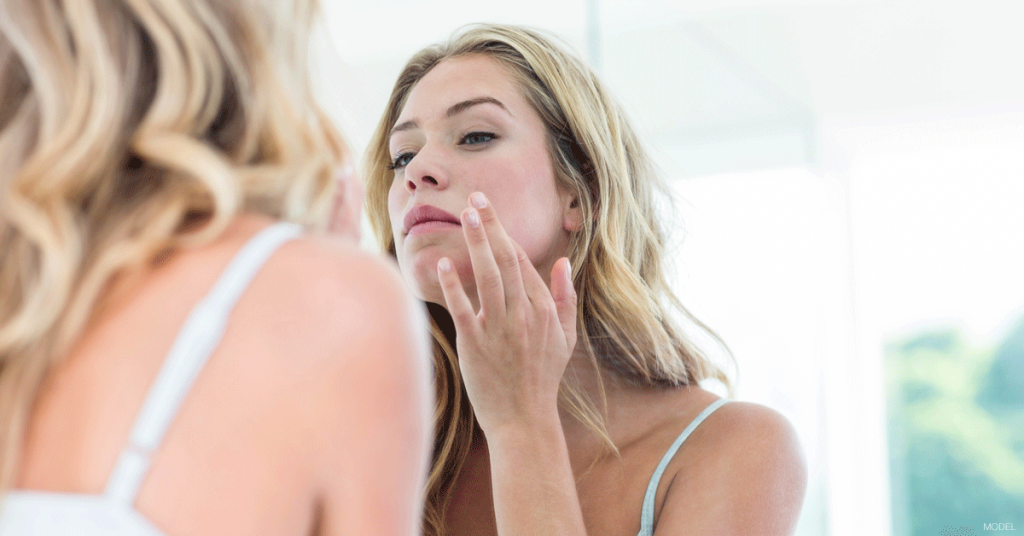Many of us have tried drug store creams and lotions in an attempt to clear out frustrating pimples. Countless products line the shelves, claiming they are the “best” way to fight acne. As a dermatologist in Dallas, I’ve guided many patients through different acne treatment options based on their unique skin needs. But how do you know which option is best for you? Are certain acne treatments better than others? Do you need a prescription for them?
Accutane and other brand-name medications are effective, straightforward solutions for active acne issues. However, there are many ways to clear your complexion and create the blemish-free skin you deserve. Here’s a rundown of a few options.
What is Accutane?
Accutane is a well-known prescription-only medication that treats acne from the inside out. It is mainly used for patients who have severe nodular or cystic acne that has resisted traditional treatments. Accutane works by decreasing your body’s production of pore-clogging oil. Unlike spot treatments, Accutane addresses acne all over the body, clearing the back, chest, neck, and more.
While Accutane can create transformative results, it is also a very potent drug. It is often thought of as a “last resort” medication, and many patients are better suited to other, gentler treatments first.
Of note, the name brand “Accutane” is no longer available, but many generics and name brand versions exist currently. Your physician will recommend the best version of isotretinoin (the generic name of Accutane) for you.
What other acne treatments are available?
When you’re first being treated for acne issues, your doctor will analyze your skin and problem areas. At our practice, we often recommend one of the following trusted acne treatments:
- Creams & Antibiotics: Many patients successfully clear their skin with prescription-grade lotions and medications offered at our practice. This is the most common approach to solving chronic acne issues.
- Chemical Peels: While not suited for active, inflamed acne, chemical peels are excellent for correcting minor imperfections and reducing the appearance of acne scars.
- Extractions: This direct approach uses specialized tools and light pressure to remove stubborn blackheads and whiteheads.
- Anti-Androgen Medication: One common popular acne treatment option for women is spironolactone, which targets the hormonal component of acne. This option helps oil and pores as well, in addition to hormonal cystic acne. Your physician will discuss the possible side effects of this medication.
- Managing Diet and Stress: We do know that dietary factors, such as dairy and refined carbohydrates, can contribute to acne. Stress can also play a role in acne and limiting stress is important for general health.
How can I reduce scarring after my acne is gone?
Fighting active acne is only half the battle—scars and pockmarks often linger for years to come. Luckily, modern technology has given us many ways to smooth skin and fade discoloration and imperfections. Laser skin rejuvenation is one popular option for improving the appearance of acne scarring. Microneedling is a skin resurfacing treatment that smooths acne scars, improves skin tone, and stimulates new collagen growth. It is considered safe for darker skin tones, as well as thin and sensitive skin.
When it comes to treating acne—and fading the scarring it can create—there is no one-size-fits-all solution. If you’re looking for the best way to clear your skin, our dermatologist team in Dallas can help you find an excellent treatment option.
When paired with a gentle skincare routine, acne treatments can create the smooth, clear skin you’ve always wanted. If you would like to learn more, please request a consultation online or contact our office by phone at (214) 631-7546.


Leave a Reply